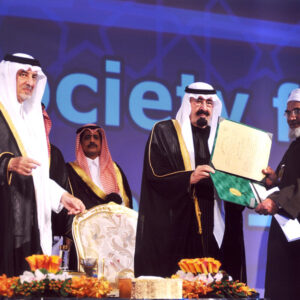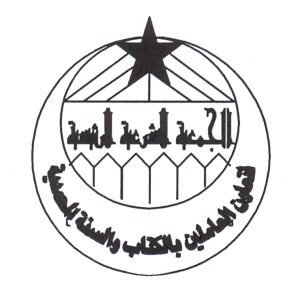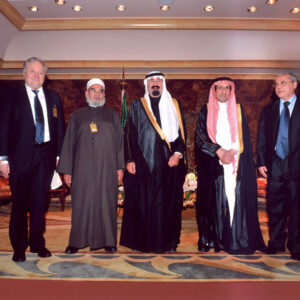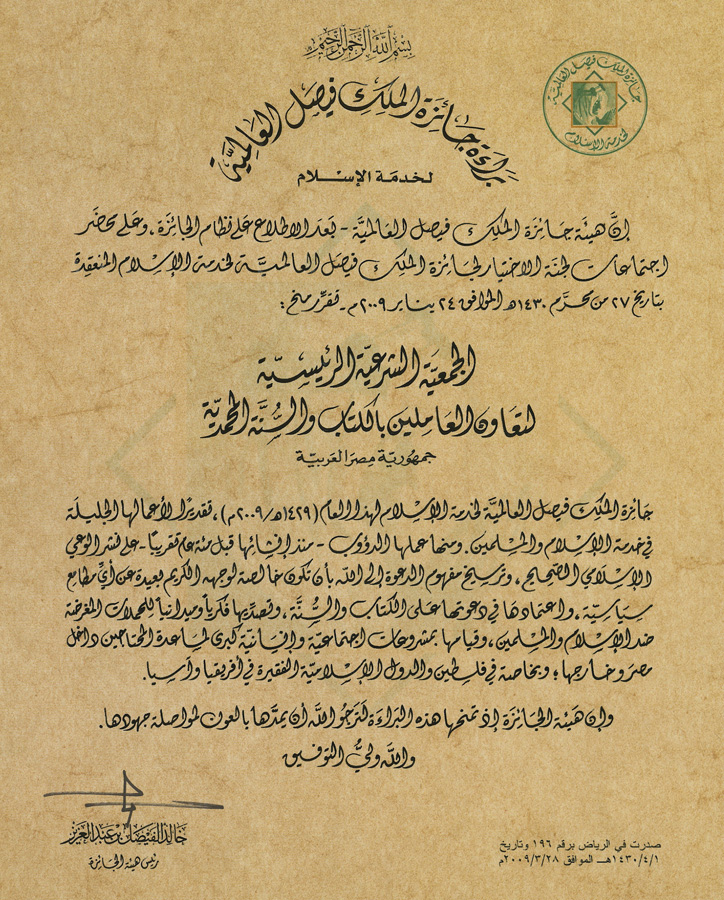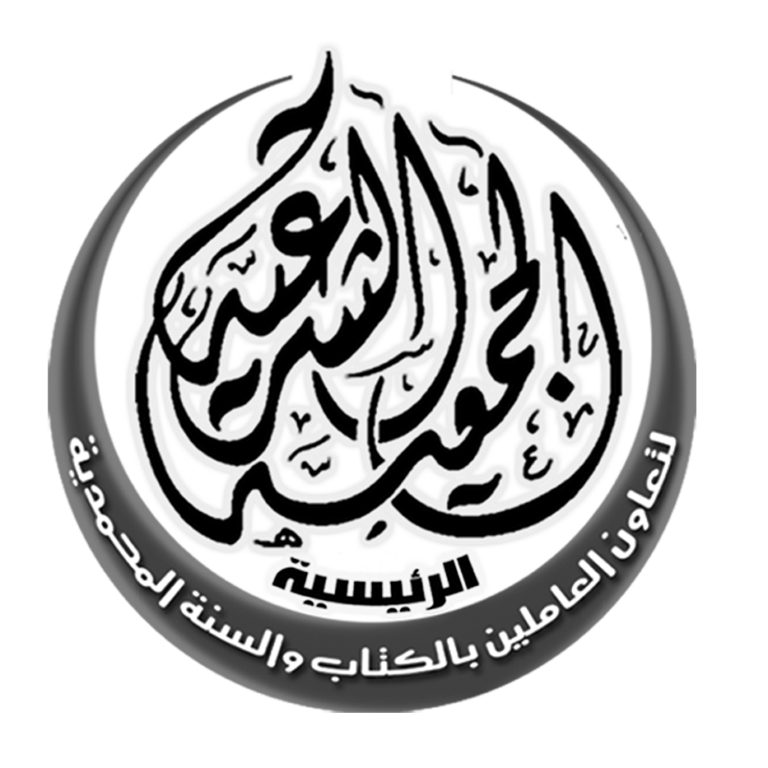
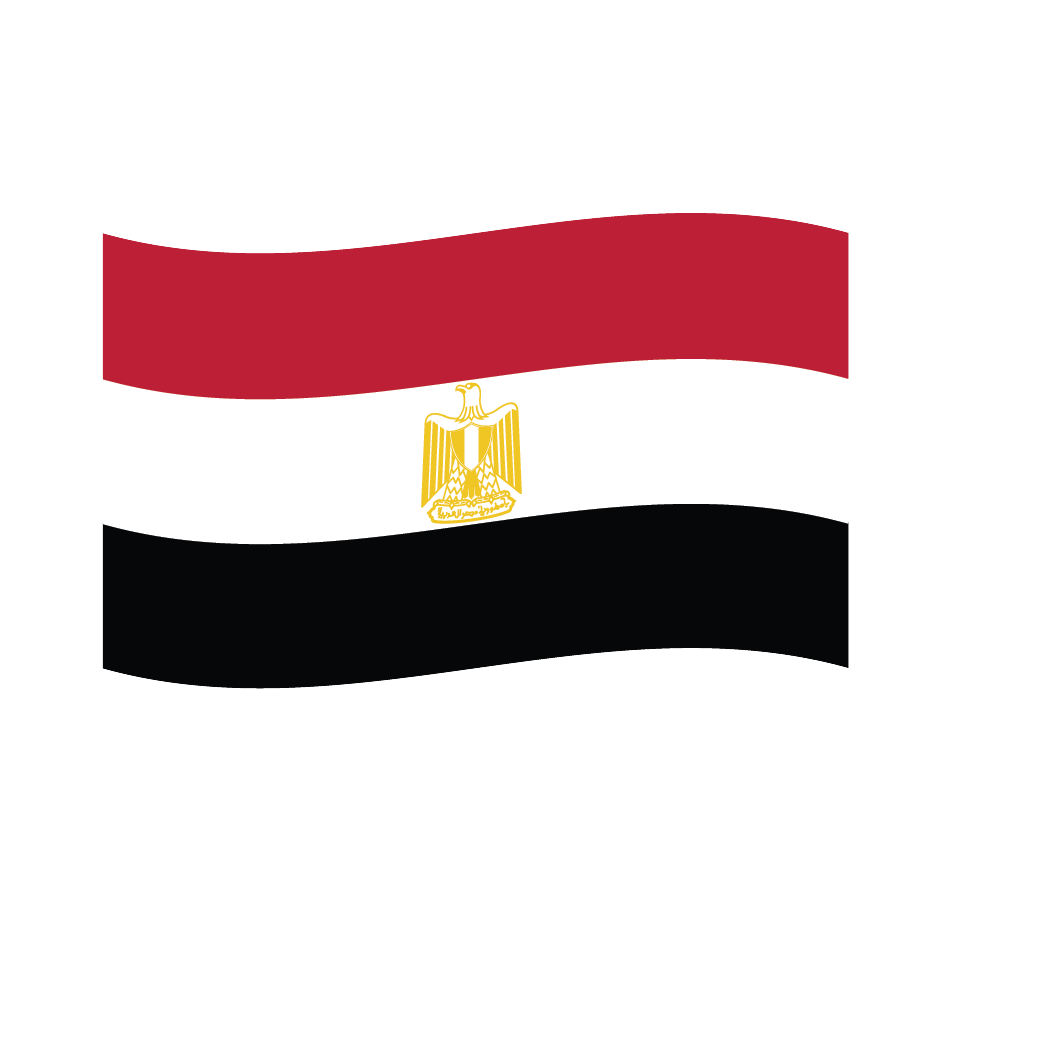
Principal Shari’a Society for Cooperation Between Quran and Sunnah Scholars
King Faisal Prize in Service to Islam 2009 Laureate
Philanthropy means aiding those in need, whether they are Muslims or peaceful non-Muslims

Established by Shaikh Mahmoud Al-Sobki, the Principal Shari’a Society for Cooperation Between Quran and Sunnah Scholars is a non-governmental institution dedicated entirely to the teachings of the Holy Quran and Sunnah and to the concept that the Islamic Da’wa should be practiced purely for Allah’s sake, afar from any worldly political aspirations. Over the past century, the Society evolved into a colossal charity with around 5000 chapters throughout Egypt, in addition to more than 50 institutes for Islamic preachers and Quranic Studies (in which some 20,000 students are enrolled), over 5000 mosques and 1150 offices for memorization of the Holy Quran (attended by about 70,000 male and female students). The Society also administers a special office for the affairs of some 7000 foreign students from 68 Islamic countries who needed financial assistance during their study at aAl-Azhar Islamic University in Egypt.
The present membership of the Society exceeds 400 scholars from Al-Azhar University, in addition to 2000 male and 200 female preachers applying a wide-range of activities organized by the society, such as preaching and teaching activities, weekly and monthly seminars, countrywide Dawah missions, publications (such as Al-Tibyan magazine), and the internet.
The Shari’a Society is also involved in extensive social and humanitarian activities. One of its leading programs is the Orphan Sponsorship Project. This project provides financial, educational, and health-care assistance and follows up to more than half a million orphaned children. The Society also assisted about 254,000 widows in finding income-generating work and contributed towards marriage costs of 40,000 orphaned females. In addition to the Orphan Project, the Society also sponsors 32,000 impoverished students in Egypt through 850 offices across the country. In its endeavor to fight ignorance and illiteracy, the Society also holds adult education classes; so far, it held nearly 1700 such classes from which 12,000 students graduated. The Society also opened several bakeries that provide bread free of charge to 1200 poor families in Egypt’s countryside, and established dozens of small animal production units as gifts to help improve the living conditions of some of the most needy of these families.
The Shari’a Society also established a system of 700 incubators for the management of premature infants and two, large, state-of-the-art hospitals for treatment of cancers and burns, as well as 40 renal dialysis units, a specialized center for medical imaging and another for laser diagnosis and treatment of eye diseases, three centers for gastroscopy and treatment of esophageal varices, and several centers for handicapped individuals. In addition, the Society launches biweekly medical missions i
n which leading physicians in various specialties participate in the diagnosis and treatment of diseases in rural Egypt. All medical services and treatments are provided free of charge or at nominal charges to financially disadvantaged Muslim and non-Muslim patients.
Being a member of the International Islamic Council for Dawah and Relief, the Shari’a Society contributes actively to international relief operations in financially under-developed Muslim countries, especially in Palestine where the Society donated medicines, medical equipments, field hospitals and some 1700 tons of food, blankets, and clothes at a total cost of 200 million dollars. In addition, the Society dispatched medical missions and relief materials to some parts of the Sudan, Niger, Seychelles, Mauritania, Somalia, Ethiopia, Indonesia (during the Tsunami), Bangladesh, Kashmir, and Lebanon (during the war).
This biography was written in the year the prize was awarded.

